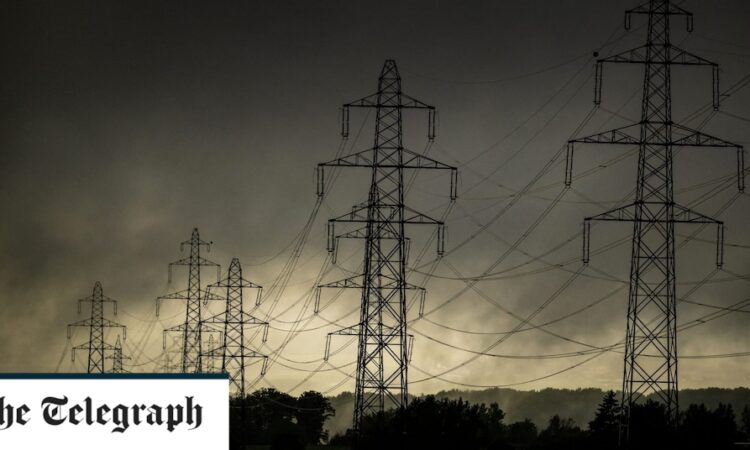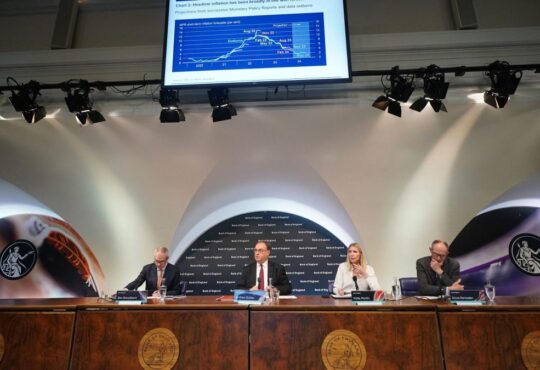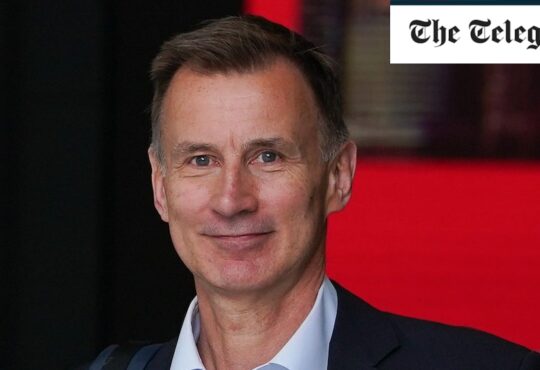
In its latest World Economic Outlook, the IMF comments: “Decades of procrastination have transformed what could have been a smooth transition to a more carbon-neutral society into what will likely be a more challenging one.
“Stop-and-go policies and further procrastinating on the grounds that “now is not the time” will only exacerbate the toll.”
The third big takeaway concerns growing signs of instability in the financial system. This time around the source of worry is not the banking system, which following its near death experience in the financial crisis more than a decade ago, is judged generally to have sufficient in the way of capital and liquidity to ride out any coming storm.
Unfortunately, finance obeys the waterbed principle in this regard; press down on the stresses in one area of the market and they merely rise up somewhere else. After trillions of dollars of quantitative easing, these vulnerabilities have spread like wildfire into less well regulated parts of finance, and in the case of UK pension funds, even some very highly regulated segments of money management that were thought immune to crisis but as interest rates rise are suddenly found wanting.
As the latest World Economic Outlook notes, “financial markets may struggle to cope with an overly rapid pace of tightening”.
IMF officials expressed extreme concern over the dysfunctional way things have begun to operate in Britain, with monetary and fiscal policy pulling violently in opposite directions as the Bank of England aggressively tightens policy to subdue resurgent inflation even as the Government loosens it to support demand.
This was almost asking for trouble, they implied, even if they stopped short of publicly repeating criticism of the UK’s approach. Privately, they were rather more candid. The crisis in the UK gilt market was a direct result of this confusion in policy is the organisation’s unalloyed view.
This is not what the IMF said; rather it is my view, but with one bound, the UK has undermined much of its hard won reputation for policy certainty and stability. It will take a lot of work to win it back. In the meantime there is the penalty of interest rates being higher than otherwise.
Tobias Adrian, director of the monetary and capital markets department at the IMF, agreed that a reversal of the Government’s plans for unfunded tax cuts would certainly change the upward trajectory in rates. Continued intervention by the Bank of England on financial stability grounds would also ease the problem, but was at odds with the Bank’s overriding objective of taming inflation.
This requires tighter policy, not further quantitative easing. It will pain Liz Truss to hear it, but Rishi Sunak was right about the risks of unfunded tax cuts.
The worst is yet to come, the IMF’s chief economist, Pierre-Olivier Gourinchas, said of the global economy in general, and for many people 2023 will feel like a recession. It’s hard to disagree. Welcome back to a world dominated by uncertainty and serial crises.






